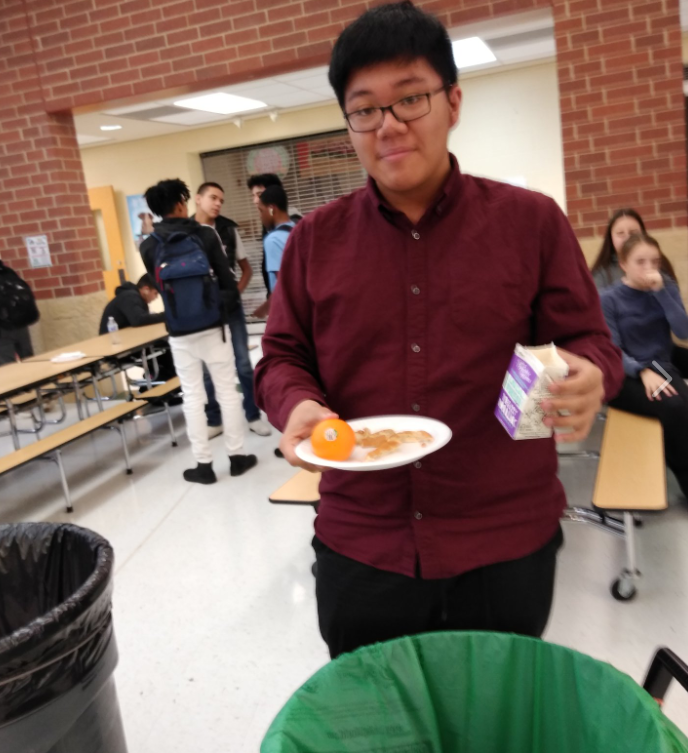This post originally appeared on the Illinois Sustainable Technology Center (ISTC) Blog on April 13, 2020.
Just in time for the 50th Anniversary of Earth Day, the Wasted Food Action Alliance is pleased to announce the release of the Food Waste Reduction Toolkit for Illinois Schools. Though schools throughout the state are currently closed due to the COVID-19 pandemic, this toolkit will allow districts and food service staff members to make plans for food waste reduction efforts when schools are able to welcome back students and staff in person.
The Wasted Food Action Alliance is a diverse set of organizations helping build a unified approach towards reducing wasted food and leveraging it to benefit our region. Its mission is to develop a working strategy and action platform that makes Illinois a leader in reducing wasted food by connecting and building on current wasted food initiatives, education, and policy in unified ways that holistically promote source reduction; food recovery for hunger relief and other uses; and recovery of food scraps for composting and creating healthy soil.
Joy Scrogum, a member of ISTC’s Technical Assistance Program (TAP), is part of the Wasted Food Action Alliance subcommittee which developed the school food waste reduction toolkit. Joy coordinated ISTC’s Green Lunchroom Challenge project, and continues to work on food waste prevention and reduction through TAP’s work with clients, the Illinois Food Scrap Coalition, and related local and regional projects. The Wasted Food Action Alliance school toolkit subcommittee was lead by Seven Generations Ahead.
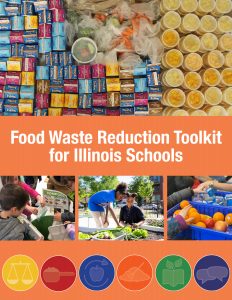 What’s the problem with food waste in schools?
What’s the problem with food waste in schools?
Over 7 billion school meals are served each year in the United States. Much of this food, however, is currently feeding landfills instead of nourishing students. This is while one in six children is food insecure. When food is landfilled, not only are its nutrients lost, so are all the energy, water, and labor that went into producing, transporting, and preparing it. K-12 schools have a unique role in teaching students to value food instead of wasting it.
The Food Waste Reduction Toolkit for Illinois Schools can help.
The Toolkit is a comprehensive resource that provides all schools, no matter their size or location, the tools to tackle the issue of wasted food. It identifies the main sources of wasted food and offers strategies for food waste prevention, recovery and redistribution, composting, education and engagement, and celebrating success. A variety of solutions are shared–from easy and quick to implement to longer term and more resource intensive.
The Toolkit’s easy to use format allows you to jump in to find the strategies that work for your school. Each section includes case studies that highlight inspirational efforts to reduce food waste in schools across Illinois and provides guidance on:
Measuring food waste
- Waste audit guides
- How to determine what to audit in your lunchroom and kitchen
- Food waste tracking in kitchens
- Analyzing waste audit data
Preventing food waste
- Sourcing food from school gardens and local farms to encourage consumption of healthy foods
- Menu planning and food preparation
- Preventing food waste at the serving line, including Offer versus Serve
Recovering and redistributing surplus food
- Policies and laws regarding share tables and the redistribution of food (including the Bill Emerson Good Samaritan Food Donation Act that supports the donation of recovered food)
- How to set up and operate a share table
- Redistribution of surplus food within a school
- Donation of surplus food to an outside organization or in-school food pantry
Composting food scraps
- The environmental benefits of composting
- Onsite composting
- Offsite commercial composting
- How to get started composting in your lunchroom
Educating and engaging the school community
- Hands-on classroom or service learning projects
- Curricula and lessons about food and food waste
- Teaching tools and resources
Communicating and celebrating success
- Communications within school community
- Communications with the wider community
- Get recognized with programs such as Green Ribbon Schools and the U.S. Food Waste Challenge
The toolkit is available on the Wasted Food Action Alliance web site.

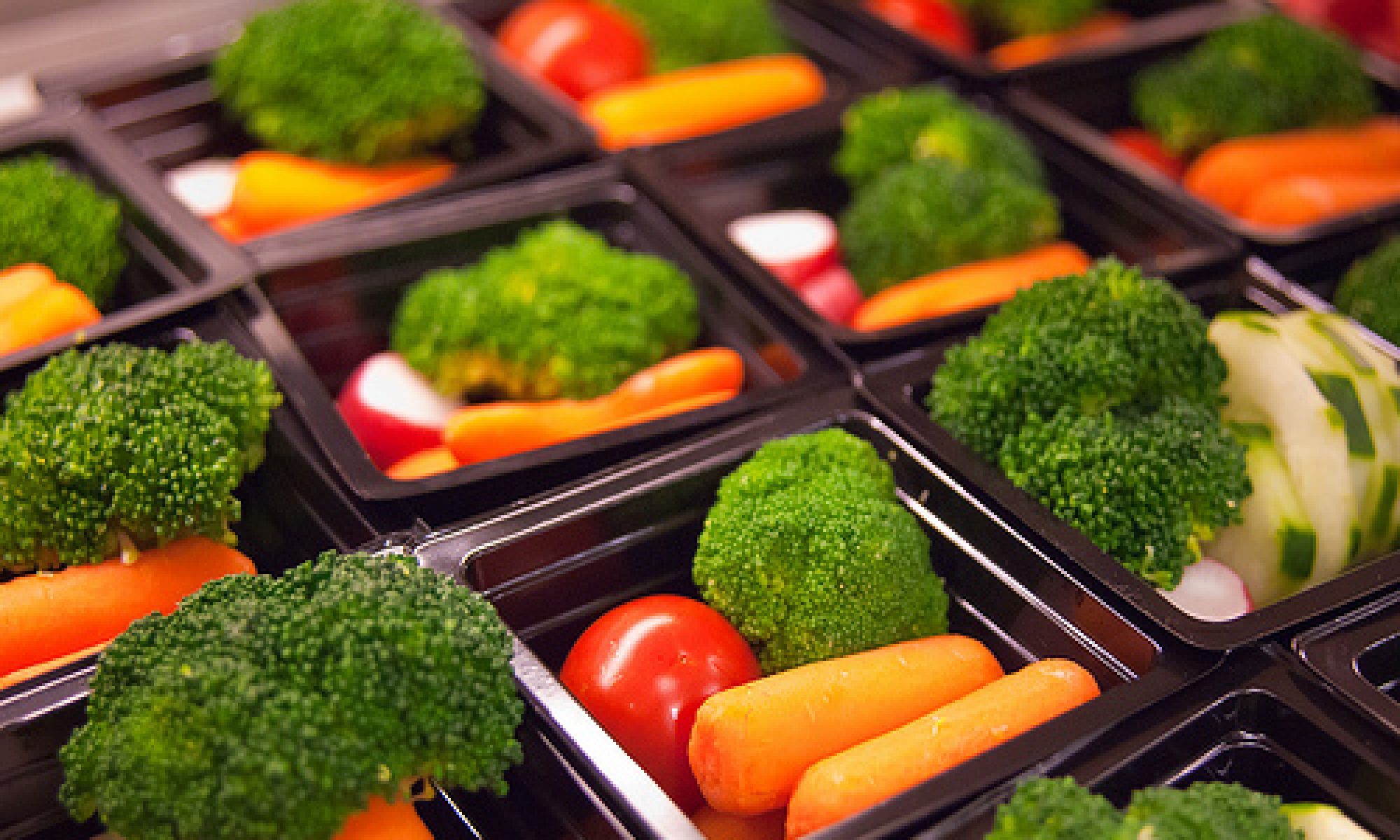
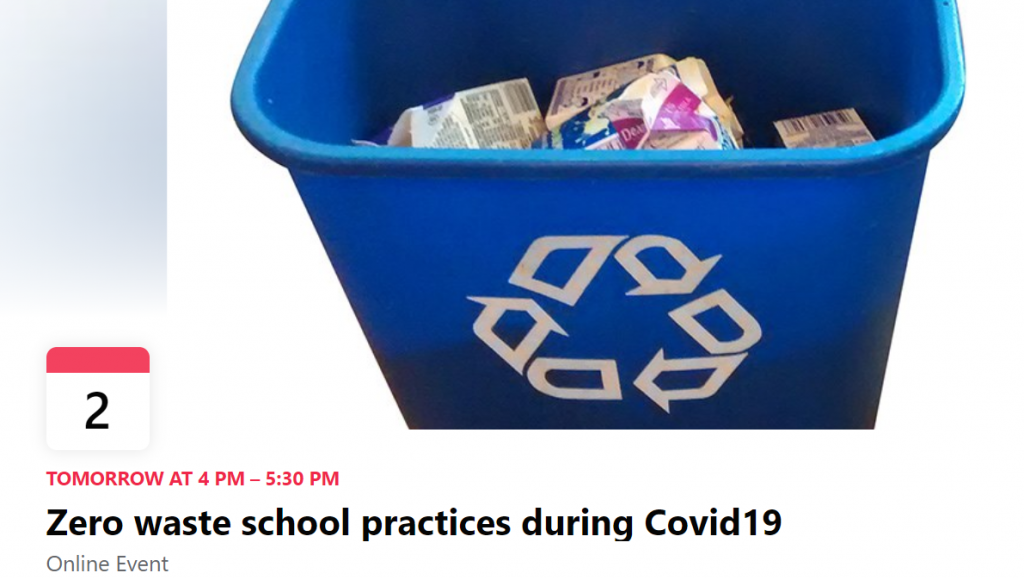
 What’s the problem with food waste in schools?
What’s the problem with food waste in schools?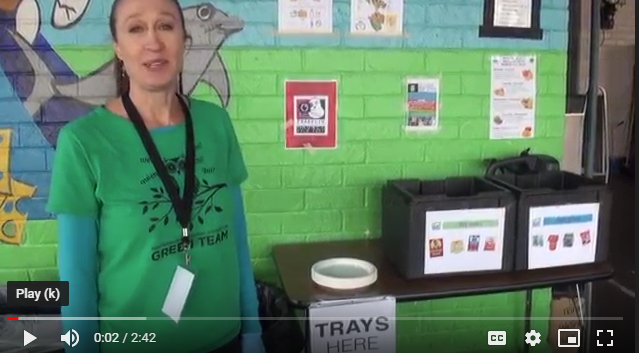 Still shot from the parent volunteer instruction video from Franklin Elementary in Glendale, CA.
Still shot from the parent volunteer instruction video from Franklin Elementary in Glendale, CA.